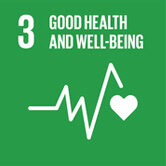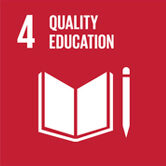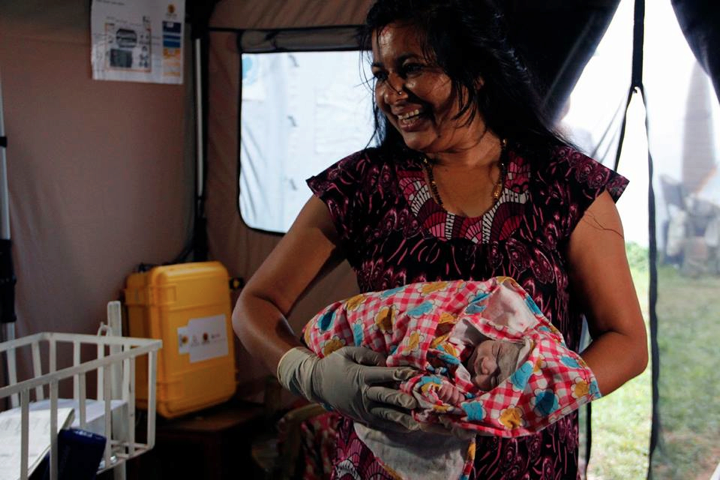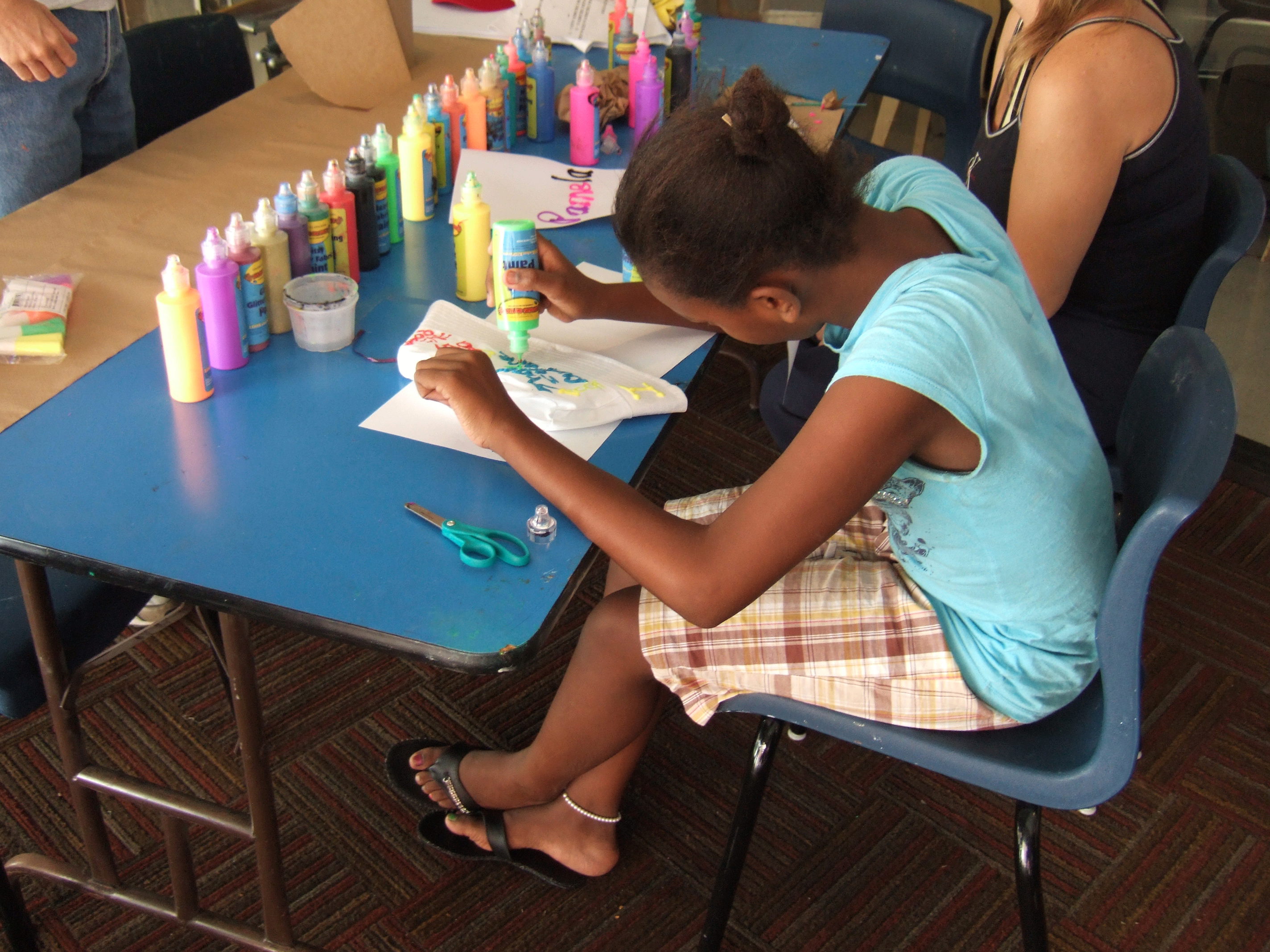
2017 Winner: Seeding Labs
Seeding Labs’ mission is to empower every scientist to change the world. Scientific talent exists everywhere, but the resources necessary to nurture and apply that talent don’t. Their goal is to fill this gap by providing scientists and their students in under-resourced countries with access to modern laboratory equipment, training and professional connections. Seeding Labs harnesses the power of the scientific and philanthropic communities to unleash the potential of talented scientists in the developing world to pursue bold research and train the next generation. It is the foundation for other resources, allowing them to generate new knowledge relevant to local and global needs, leverage sustainable funding for their research, and participate fully in international collaborations. Seeding Labs envisions a generation of scientific problem-solvers in every country on earth, empowered to tackle the most pressing problems facing their communities and the world.

Primary Area of Impact: Education
Geographic Areas (Continents): Africa, North America, South America, Antarctica, Asia, Australia, Oceania, and Europe
Geographic Areas (Countries): 37 Countries globally
Year Founded: 2007
Mission: Empowering every scientist to transform the world
Website: www.seedinglabs.org
Fast-moving disease epidemics, the effects of climate change for food and livelihoods, the urgent need for sustainable sources of energy for economic growth — these are challenges that know no boundaries.
Social Challenge
A major deficit in knowledge exists between countries that have access to resources and those who do not. Scientific capacity and productivity remain limited to just a handful of countries. Five countries (U.S., China, UK, Germany, Japan) produced half of all peer-reviewed journal articles between 1996 and 2018 while accounting for about a quarter of the world’s population. Meanwhile, according to UN data, the 33 least-developed countries in Africa produced only 7 journal articles for every 1 million people in 2013, compared to 1,100 per million people produced in OECD countries. These discrepancies reflect the resource investments made in R&D across the world. As a percentage of GDP, twice as much is invested in R&D in the U.S. as in any Latin American country, and three times as much as any African country. The scientific community needs global perspectives to address the existential global problems we face.
UN Sustainable Development Goals (SDGs)
Leadership
Seeding Labs is quite literally the only organization in the world dedicated to putting the tools of modern science into the hands of scientists in the developing world and to elevate the contributions of low and middle countries to the scientific community. The problem of how to effectively provide such highly specialized material aid to scientists at scale is intensely difficult. The belief that seeding institutions with equipment could change development outcomes was met with skepticism. Unti Seeding Labs came along, many thought that it couldn’t be done. They are filling a critical gap in research capacity development efforts that nobody else in the world is trying to address at scale and have more than a decade’s worth of hard-won implementation expertise. Their core program, Instrumental Access, is designed to be the first step in a continuum of services to help advance scientific discoveries and innovations. In addition to enabling research, Instrumental Access equipment enables STEM education, giving critical hands-on experience to the next generation and ensuring that scientific talent does not go to waste anywhere.
Impact
Seeding Labs tracks impact across three categories:
- Education – at least 26,000 undergraduate students per year can do practical hands-on research and experiments in their STEM courses because of Seeding Labs’ donations and more than 1,800 post-graduate students have used Instrumental Access equipment to complete thesis or dissertation research
- Research – Instrumental Access equipment has helped research in many countries: launched the nation’s first research center focused on infectious diseases in the Dominican Republic, enabled disease surveillance to be conducted in the wake of Cyclone Idai in Malawi, and launched a national genome project in Armenia
- Sustainability/Leveraged Resources – a small sample of 14 Seeding Lab awardee institutions reported that the enhanced equipment allowed them to win more than $3.4 million in new research funding
Innovation
Seeding Labs is innovative in delivering physical and intellectual property resources to underserved areas across the world through its research backing, sophisticated delivery model, and strategic partnerships. Seeding Labs maintains a repository of data, it connects recipients of equipment to mentors and research opportunities, and it has formed alliances with customs agencies and universities to ensure delivery of equipment. They work closely with each university and an army of freight forwarders and clearing agents to navigate the complicated logistics of transcontinental shipping to 36 different countries. To ensure a steady supply of donated equipment that meets the diverse research and teaching needs, Seeding Labs has had to engage in a complementary set of collaborations with equipment donors, including multinational corporations, hospitals, schools, research institutes, and biotech startups.
Transferability
Seeding Labs’ model for social change is heavily dependent upon collaborative relationships with educational institutions, partnerships with other scientists, and channels within its delivery system. Beyond material aid, Seeding Labs has lessons to share about building coalitions within and across sectors (both private and public) that can be useful to many types of social sector organizations. They have organized the sharing of their approach into a new platform, their Corporate Consortium, which facilitates the distribution of knowledge and best practices around the life science industry’s efforts to build research capacity. The Consortium brought together several leaders from their biggest corporate partners and can function as a vehicle for bringing the sector together to build research capacity. With a decade of learning under their belt, and a way to share it with many through the Corporate Consortium, Seeding Labs aims to sustainably grow Instrumental Access and address inequities in resources other than equipment.
Accomplishments
- Best Practice: Access to Medicine Index, 2021
- Winner: Xconomy Award, X of the Year: Nina Dudnik, founder of Seeding Labs, 2018
- Finalist: The Classy Awards, 2016 & 2017
- Boston Business Journal: Innovation All-Star, 2016
- Passion in Science Awards: Humanitarian Duty Award, 2016
- The 100 Most Influential People in Biotechnology, 2015
- BostInno Alumni Impact Award, 2015
- Fast Company’s World’s Top 10 Most Innovative Companies, 2015
- John F. Kennedy New Frontier Award, 2014
- Mass High Tech Women to Watch Award, 2011







